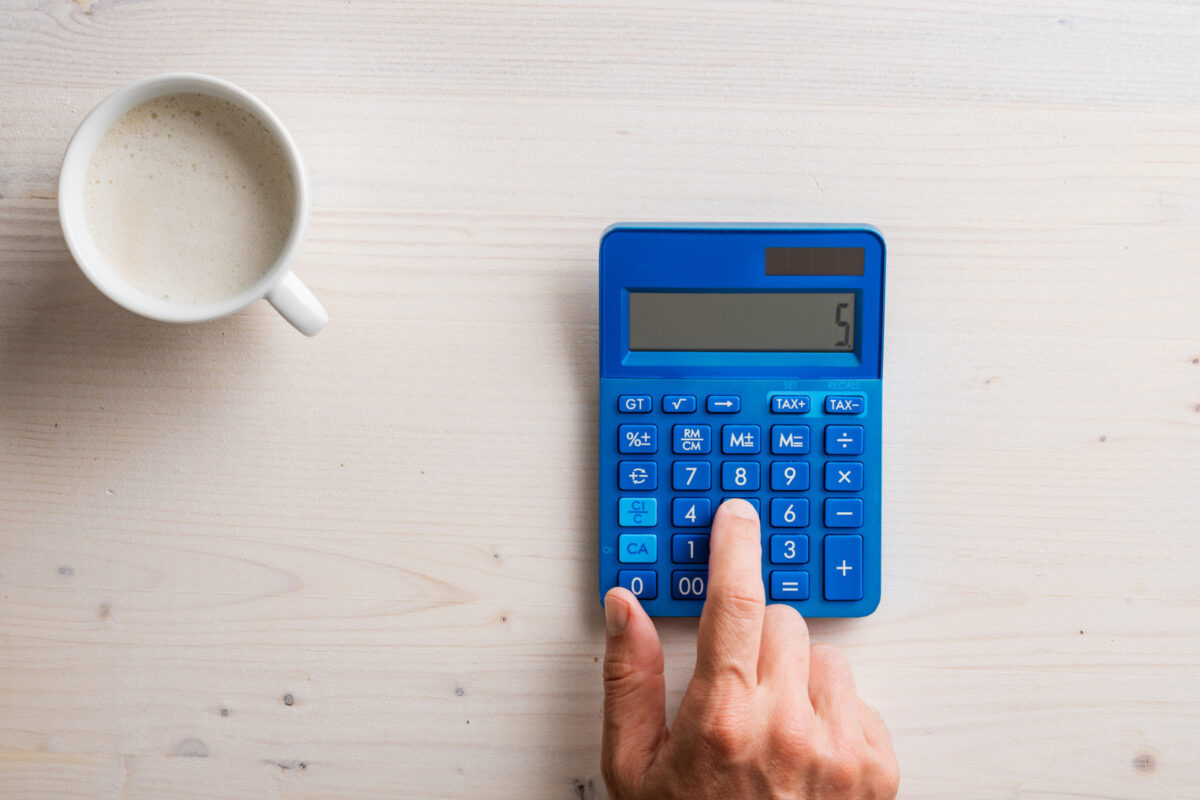Know your numbers

Some conditions require people to be aware of their numeracy skills in order to manage and look after their health, one of those is Diabetes. Enhanced numeracy skills help support people to manage their diets, make and keep medical appointments, measure medicine doses, or simply work out a routine for taking tablets throughout a day.
43% of the UK population struggle to understand food labels, medicinal instructions, and information given by the NHS in leaflets and online. Even more concerning is that 61% do not have the numeracy-specific skills needed to properly manage their health (Rowlands et al., 2015).
For example, Cancer Research UK found that 46% of people got the answer wrong when asked whether a risk of 1 in 100, 1 in 10, or 1 in 1000 resulted in a higher chance of getting a disease (Smith et al., 2014).
People with long-term conditions are at increased risk if they have poor numeracy skills. Poor numeracy affects patients’ abilities to self-manage many chronic healthcare conditions, such as asthma, diabetes, chronic kidney disease, and blood pressure (Apter et al., 2006; Cavanaugh et al., 2008; Fraser et al., 2013; Estrada et al., 2004). Crucially, research suggests that people with lower health literacy are more likely to make emergency care visits, suggesting that poor numeracy affects people’s abilities to self-manage their care.
The Challenge
The National Numeracy Challenge is a confidential and informal website that helps you assess your numeracy, learn everyday maths and gain confidence. To take part you just need to go to the National Numeracy Challenge website and click the ‘Get Started’ button to register your details.
- Take the Check-Up. This is a set of questions which helps you find out the overall numeracy level you’re working at, as well as your strengths and weaknesses and usually takes 20 to 40 minutes. If you score 80 or more, then you’ve already got the Essentials of Numeracy and you can print a certificate or claim a digital badge.
- Get a target. If you score 79 or less, then you’ll get a target to work towards.
- Learn. The Challenge then directs you to the right learning resources for you, and allows you to take your time, visit the resources and learn everyday maths online at your own pace.
- Retake the Check-Up. When you feel ready, re-take the Check-Up to see if you have reached your target yet.
